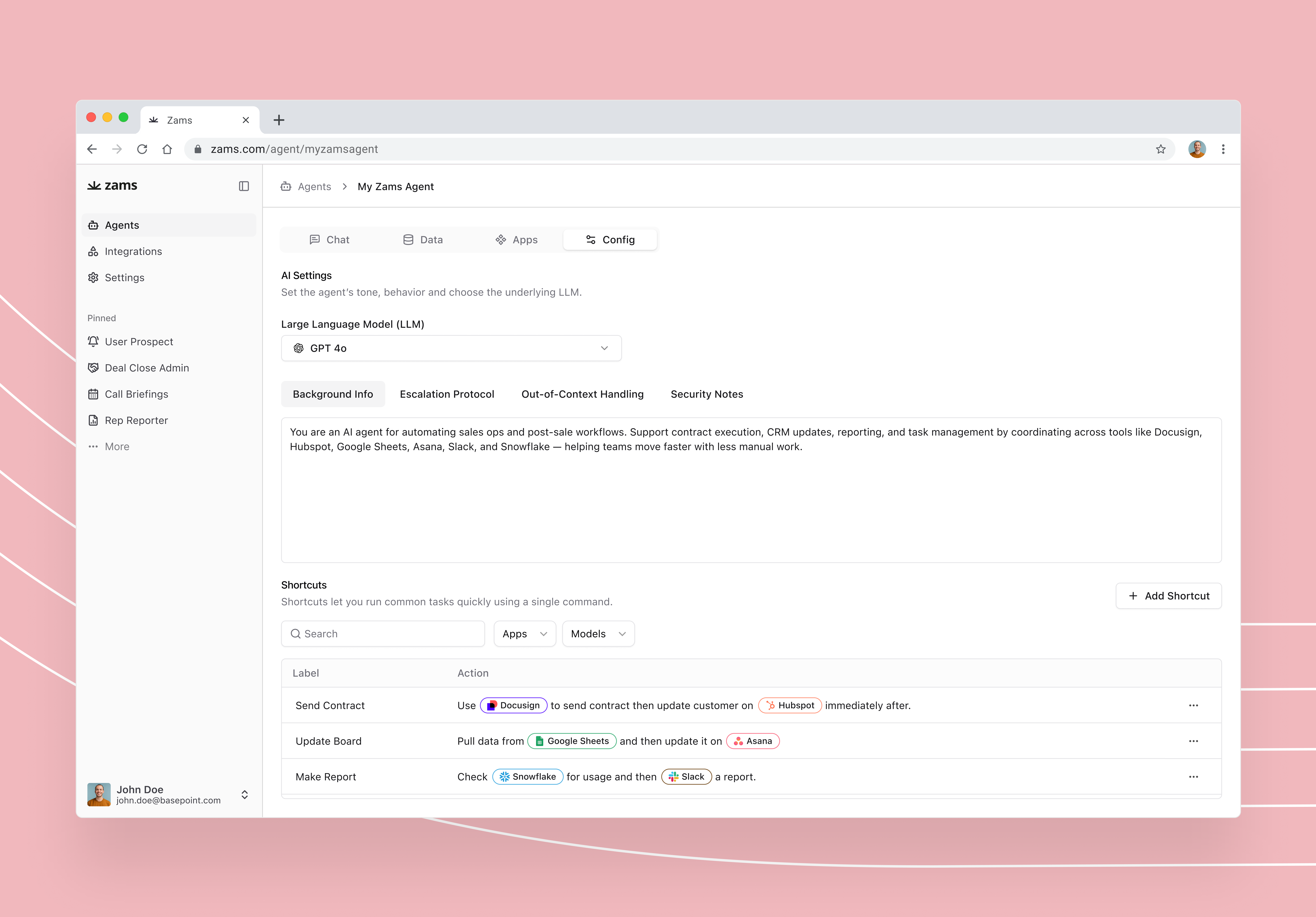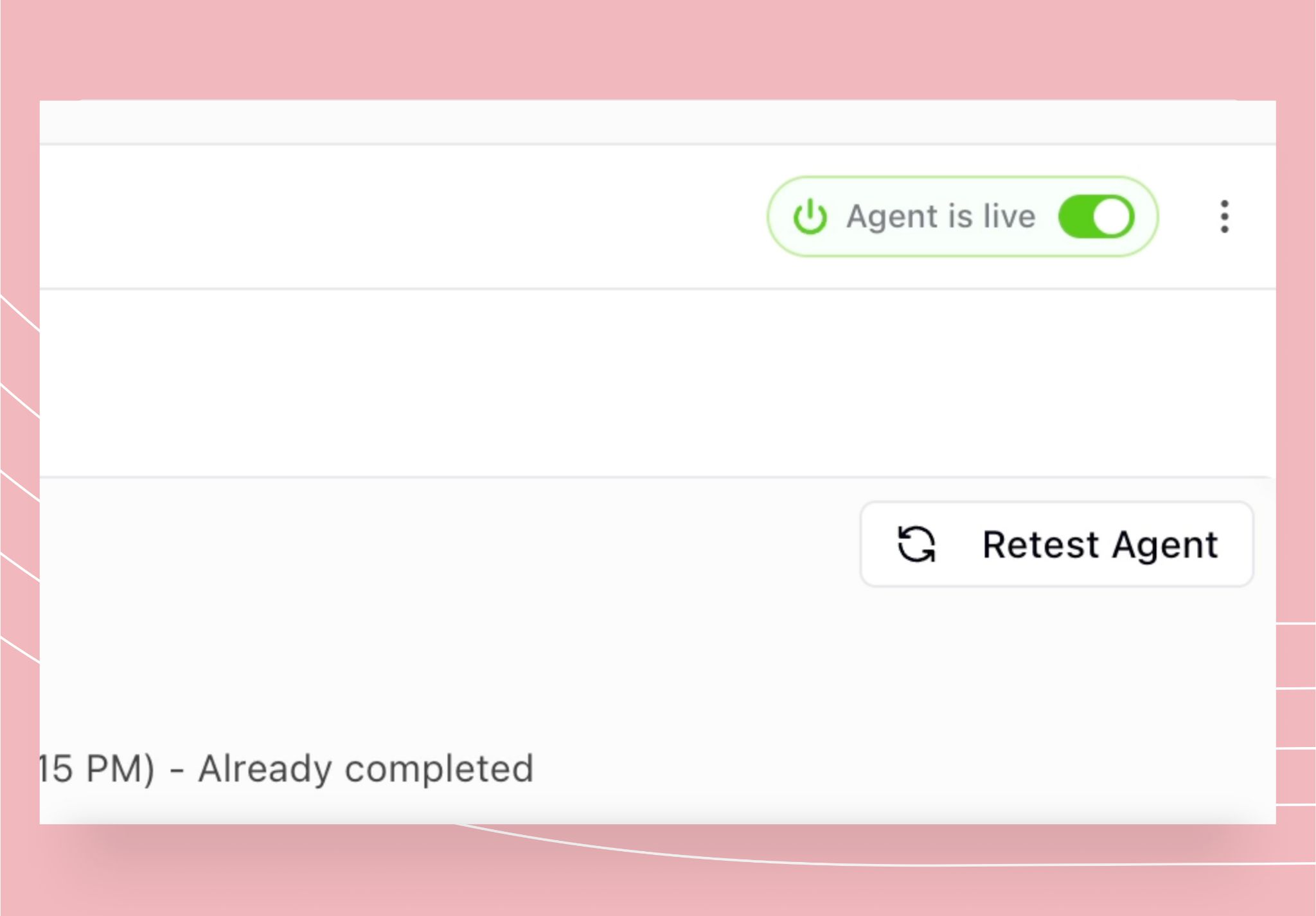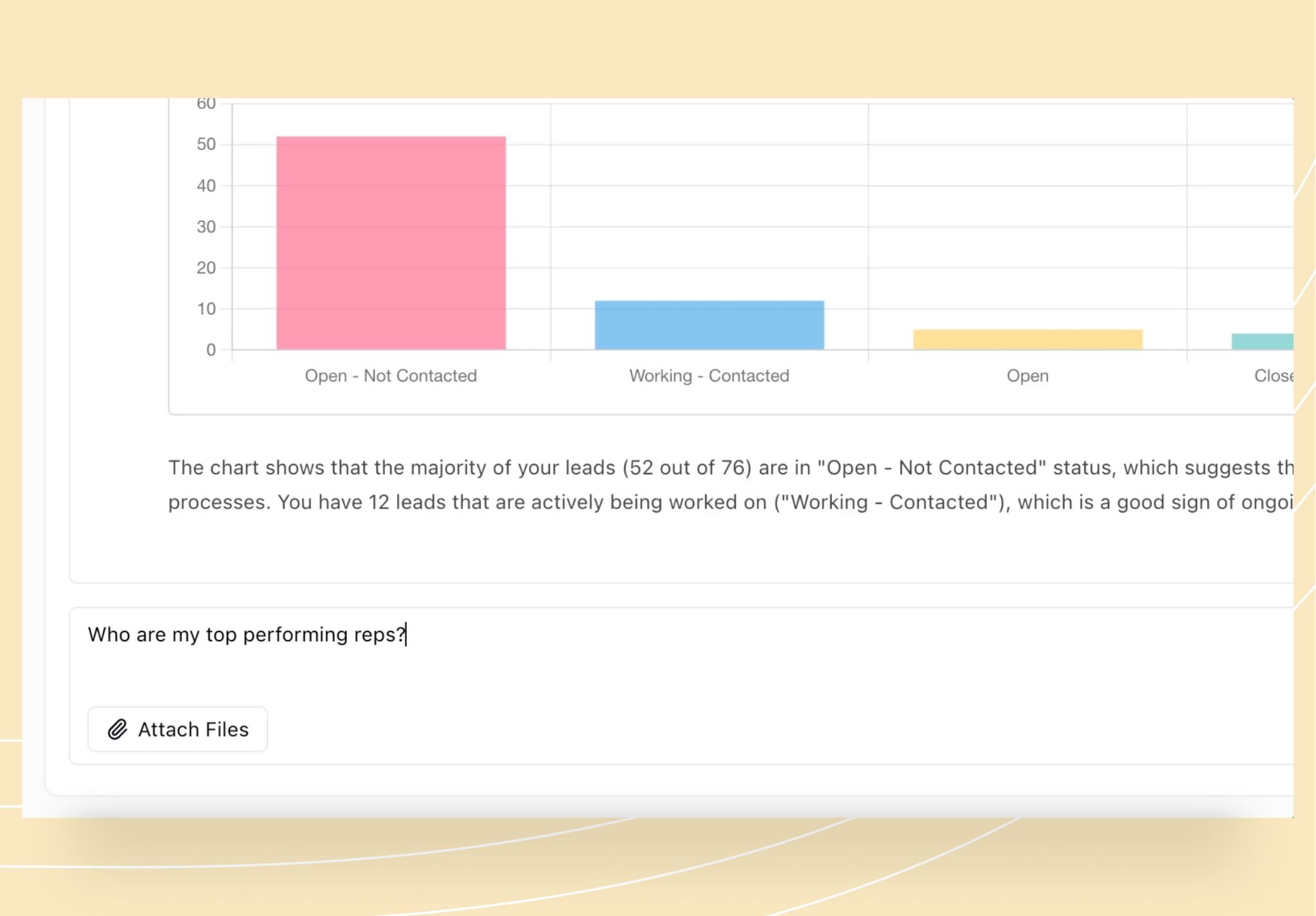What Is Sales Automation?
Sales automation is the use of technology to automate repetitive and manual sales tasks, streamlining the entire sales process. Its purpose is to improve efficiency, reduce human error, and allow B2B sales teams to focus on building relationships and closing deals.
Common Types of Sales Automation Tools
Common sales automation tools include automated sales CRM software, sales automation tool, sales automation technology, sales force automation software, sales force automation, sales tools, email marketing tools, marketing automation software, email sequencing tools, workflow automation platforms, and lead management systems. These tools help sales teams manage pipelines, automate outreach, and ensure that no lead falls through the cracks.
Close more deals with less effort.
Zams gives your team the sales automation tools to capture leads, route them instantly, and engage at the perfect moment every time.
Benefits of Sales Automation for B2B Sales Teams
- Increased Productivity:
Sales automation software eliminates time-consuming manual work, allowing B2B sales teams to focus on high-value activities. Automating repetitive tasks increases overall productivity and helps teams meet targets faster. - Workflow and Task Automation:
Automating workflows and routine tasks ensures consistency and accuracy across the sales process. Automated workflows streamline daily sales tasks, such as follow-ups, scheduling, and lead routing, by eliminating manual steps and integrating with CRM tools. Workflow automation reduces bottlenecks, keeps sales activities on track, and improves the efficiency of the entire sales cycle.
Key Features of Sales Automation Software
- Automated Sales CRM Software:
An automated sales CRM centralizes all customer interactions and sales data, automating follow-ups, reminders, and data entry. It includes robust contact management features, allowing businesses to efficiently track relationships, store customer information, and update profiles automatically. This helps teams manage customer relationships more effectively, leading to improved communication, optimized sales strategies, and higher customer satisfaction. This improves visibility into the sales pipeline and enhances decision-making for B2B sales teams. - Integration with Business Automation Software:
Integration with broader business automation software enables seamless data sharing across sales, marketing, and operations. This allows marketing teams to collaborate closely with sales and run coordinated marketing campaigns, ensuring consistent messaging and improved engagement. This ensures a unified view of each customer and optimizes end-to-end sales processes for B2B organizations.

Sales Operations and Optimization
Sales operations and optimization are fundamental to driving the success of modern B2B sales teams. By leveraging sales automation software, organizations can streamline sales processes, improve sales performance, and maximize the efficiency of their sales team operations. Optimized sales operations not only reduce costs but also empower sales teams to focus on high-impact activities that drive revenue growth.
Streamlining Sales Processes
For sales teams, streamlining sales processes is key to boosting productivity and accelerating the sales cycle. Sales automation platforms enable businesses to automate tasks such as lead generation, follow-up emails, and manual data entry, eliminating repetitive tasks that slow down the sales process. By implementing efficient workflows and automation platforms, sales teams can focus on nurturing qualified leads and closing deals, rather than getting bogged down by administrative work. This approach not only shortens the sales cycle but also increases conversion rates and overall sales team productivity.
Enhancing Collaboration Across Teams
Effective collaboration across sales, marketing, and customer success teams is essential for achieving optimal sales performance. Sales automation software provides a centralized platform where teams can access and share customer data, track sales activities, and analyze sales team performance in real time. By breaking down silos and improving communication, sales automation enhances the overall effectiveness of sales operations. This collaborative approach ensures that sales managers and their teams are aligned on goals, strategies, and customer needs, leading to more coordinated efforts and better business outcomes.

How Sales Automation Tools Improves Sales Performance
Faster Lead Response and Lead Management
Sales automation tools enable instant lead capture and automated follow-up, reducing response times and increasing the chances of converting prospects. By accelerating lead response, automation helps move leads through the sales funnel more quickly and efficiently. Faster lead response helps B2B sales teams engage buyers at the right moment and outpace competitors.
Better Sales Forecasting and Reporting
Automation software provides real-time analytics and customizable reports, giving sales teams accurate visibility into their pipeline and performance. Improved forecasting helps B2B organizations make customer data-driven decisions and identify trends that drive revenue growth.

Customer Relationship Management and Experience
- Timely Customer Interactions:
Delivering exceptional customer interactions and experiences is crucial for building lasting relationships and driving business growth. Sales automation tools empower sales teams to engage with customers more effectively, ensuring every interaction is timely, relevant, and personalized. By automating routine tasks, sales automation allows teams to focus on creating meaningful connections that foster loyalty and increase revenue. - Personalization at Scale:
Personalization at scale is made possible through advanced sales automation software and AI-powered automation tools. By analyzing customer data and identifying behavioral patterns, sales teams can deliver tailored messages, offers, and recommendations that resonate with each individual prospect or client. Sales automation platforms automate repetitive tasks, such as follow-ups and personalized outreach, enabling sales teams to engage more customers without sacrificing quality. This level of personalization not only enhances customer interactions but also drives higher engagement, improved conversion rates, and sustained revenue growth. With the right sales automation tools, businesses can deliver exceptional customer experiences at every stage of the sales journey.
Choosing the Right Automated Sales Software
Essential Features
The best sales automation software offers robust CRM capabilities, seamless workflow automation, and easy integration with existing business systems. Look for tools that provide scalability, user-friendly interfaces, and comprehensive support for B2B sales processes.
Automation Features Implementation
Successful implementation requires clear goals, strong buy-in from sales teams, and thorough onboarding. Sales managers play a key role in leading the implementation process and providing targeted coaching to ensure team adoption and success. Start with core features, ensure proper training, and leverage support resources to maximize the value of your sales automation investment.
Common Challenges in Sales Automation
Integration Issues
Integrating sales automation software with legacy systems and other business applications can present technical challenges. Ensuring compatibility and smooth data flow is crucial for achieving full automation benefits in B2B environments.
User Adoption
Resistance to change and lack of user engagement can hinder the success of sales automation initiatives. Providing hands-on training and demonstrating clear productivity gains helps drive adoption among B2B sales teams.
Final Thoughts
Sales automation software transforms the way B2B sales teams operate. By replacing manual, repetitive tasks with automated workflows, it accelerates lead response times, improves data accuracy, and enables consistent collaboration across departments. The result is a leaner, more productive sales process that keeps teams focused on high-value activities building relationships, closing deals, and driving revenue growth. With the right platform in place, sales organizations can move faster, make smarter decisions, and deliver a more personalized customer experience at scale.
Stop letting manual processes slow your sales cycle.
Zams equips B2B sales teams with the automation tools they need to capture leads, route them instantly, and engage prospects at the right moment every time. From integrated CRM capabilities to real-time reporting, we help you close more deals with less effort.
Try these Zams Sales Automation Integrations
FAQ
What is sales automation software?
Sales automation software is a digital tool that streamlines repetitive sales tasks such as data entry, lead management, follow-ups, and reporting. It helps B2B sales teams increase efficiency, reduce manual errors, and improve overall sales performance.
How does sales automation improve productivity for B2B sales teams?
Sales automation eliminates manual processes by automating tasks like lead routing, appointment scheduling, and pipeline updates. This frees up sales professionals to focus on selling and building relationships, resulting in higher productivity and faster deal closures.
What are essential features to look for in sales automation software?
Key features include automated CRM, workflow automation, seamless integration with business automation software, real-time reporting, and customizable analytics. These capabilities ensure streamlined processes and data-driven decision-making for B2B sales teams.
What challenges do sales professionals face when implementing sales automation?
Common challenges include integration with existing systems, resistance to change, and user adoption issues. Addressing these challenges with proper training, clear communication, and reliable technical support is critical for a successful rollout.
Can sales automation software integrate with other business tools?
Yes, modern sales automation platforms are designed to integrate with a wide range of business tools, including marketing automation, ERP, and customer service platforms. Integration ensures seamless data flow and a unified view of customer interactions across the organization.





